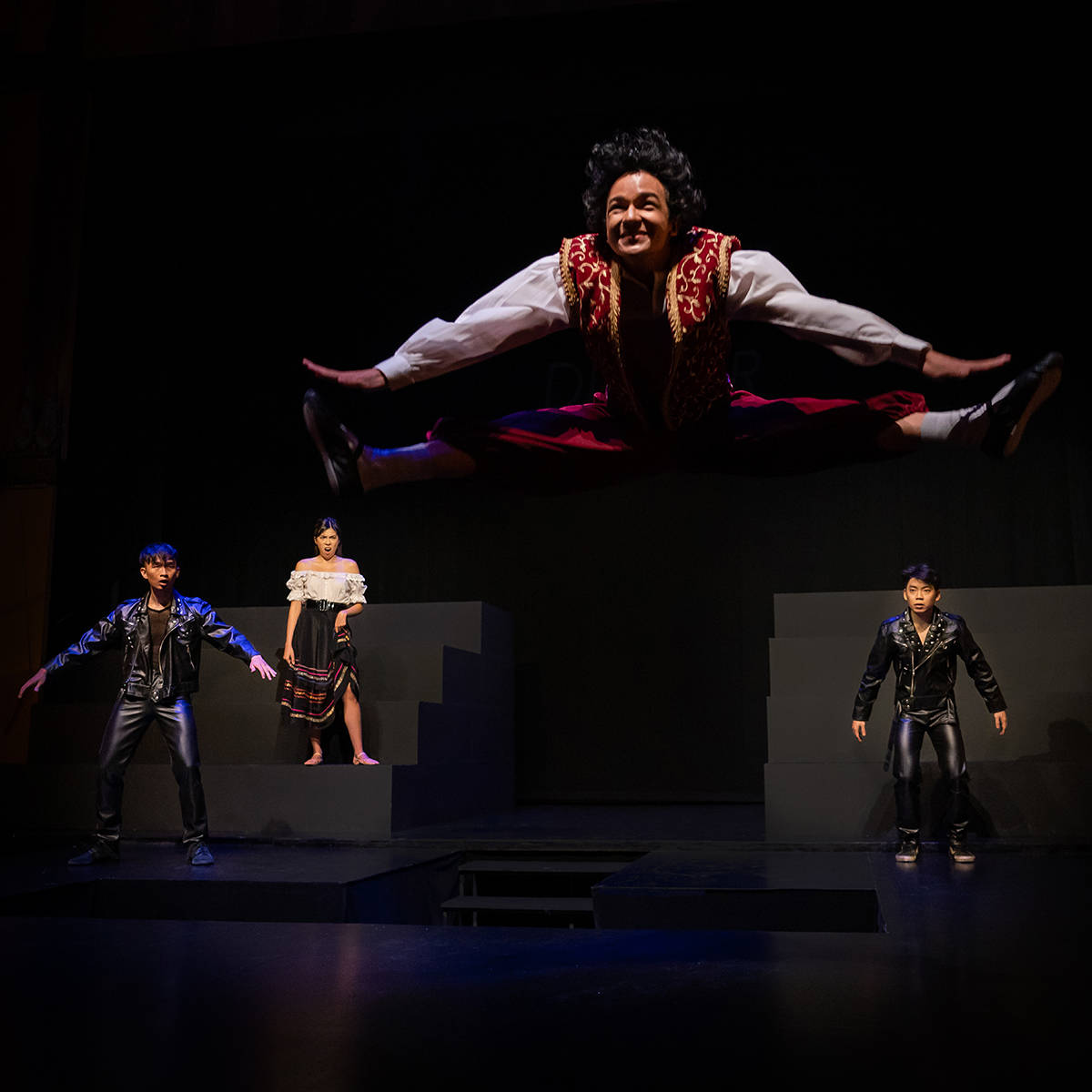Brief History
The Speak Dialect Campaign is the oldest and longest-running nationwide campaign. It started when the first Chinese immigrants set foot on the island.
Early settlers from different parts of Southern China spoke a variety of Southern Chinese Languages (now known as Chinese ‘dialects’). These include Hokkien, Teochew, Cantonese, Hainanese and Hakka.
The varying backgrounds of the many dialect groups made the Singaporean Chinese community rich and diverse in its practices, customs and even idiosyncrasies.
For instance, Hokkiens are famous for being loud and uncouth, while Teochews are characteristically known for being very ‘haolian’ or ‘show off’. Children who have one Hokkien parent and one Teochew parent are known to be loud, uncouth and haolian.
Achievements and Milestones
1950s: Dialects were the main languages of choice spoken at election rallies. They have since helped to win many elections.
1960s: Dialects were the main medium of communication across three, even four, generations in the same household, with no communication problems.
1970s: The Speak Dialect Campaign became an underground movement with the introduction of the Speak Mandarin Campaign in 1979.
1980s: The Campaign suffered a setback, with dialects accorded the status of ‘Stepmother Tongue’. As Mandarin became the ‘Mother Tongue’ for the Chinese community, children began speaking different languages from the ones most familiar to their mothers. The use of dialects was also phased out over the airwaves during this period.
1990s: Dialects were promoted to the status of ‘Grandmother Tongues’ as more second- and third-generation Singaporeans grew up in English- and Mandarin-speaking households.
2000s-2010s: The Speak Dialect Campaign has enjoyed a resurgence in recent years. Films, plays, as well as some television commercials and programmes (at specified time slots), are produced in a variety of dialects.
Coarse language in dialects, Malay and Tamil have earned their place in the Advisory 16 category under the Info-Communications Media Development Authority’s Arts Entertainment Classification Code, while some infrequent use of English swear words are stuck only at the Advisory level. Dialects have performed well in this area.
3 Good Reasons Why You Should Speak More of Your Dialect
There are many good reasons to communicate using your dialect, such as being able to converse with, tap into and learn from the expansive life experiences of our elders. Here are three more practical reasons to brush up on your dialects:
1. Get More Value for Money
If you happen to be buying food from an uncle or aunty that speaks your dialect, make their day and impress them by ordering in your dialect! You might just get an extra wanton from the uncle or aunty.
2. Prevent Your Parents/Relatives from Talking in Secret About You
During Chinese New Year or big family gatherings, show some of your dialect prowess. It sends a message to your family that you mean business and they can no longer complain or brag in secret about you.
3. Talk in Secret About Your Cousins
In the aforementioned gatherings, if the situation arises where you need to say something nasty about your cousins but you don’t want to hurt their feelings, do it in your own dialect. [Please note: Obviously, this only works if they are (a) the jiak kentang kind or (b) the successful products of the Speak Mandarin Campaign.]
The Theme of Speak Dialect Campaign 2017!
This year’s theme is: ‘Listen, Speak, Read, Write.’ The theme is in English so as to appeal to younger Singaporeans to learn to communicate using dialects, especially with their grandparents or even great-grandparents.
For Mandarin-speaking Singaporeans, we have obtained the translation as follows: ‘听,说,渎,写’. This translation has been verified by our counterparts at the other campaign as accurate.
[Editor’s Note: The Speak Dialect Campaign is fake one lah. Alternative facts. Like how ‘read’ is ‘渎’ in Mandarin…]
























